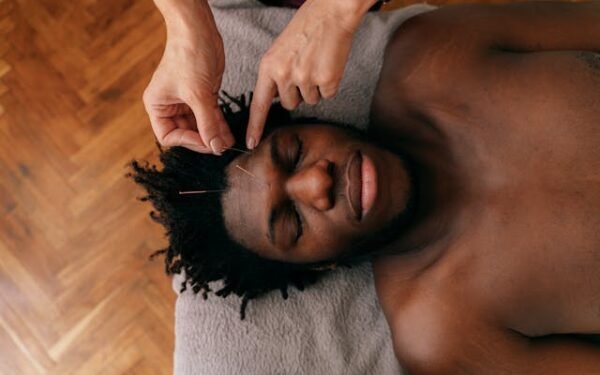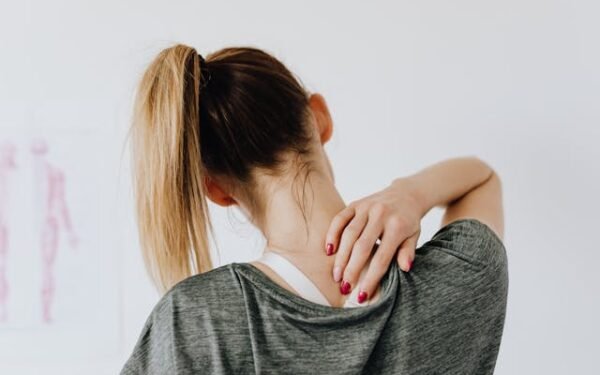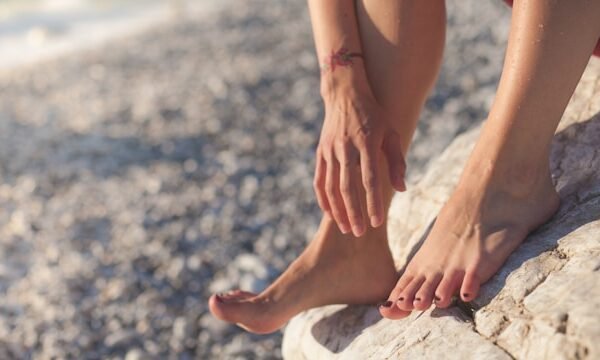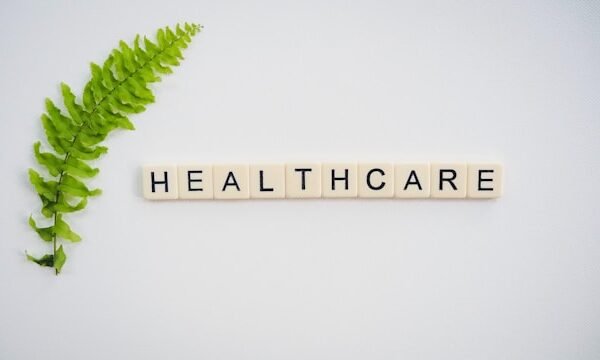Guide to Hormonal Acne Treatment: How to Manage, Prevent, and Treat Hormonal Breakouts
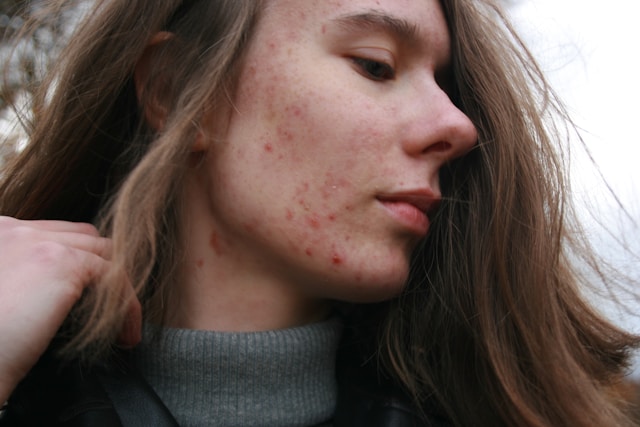
Hormonal acne is one of the most challenging types of acne to manage. Unlike typical acne that can be a result of environmental factors or clogged pores, hormonal acne is driven by internal hormonal imbalances, making it more resistant to common acne treatments. In this article, we’ll explore various hormonal acne treatment methods, a bit of history on acne treatment, and step-by-step tips to clear your skin.
Acne treatments date back thousands of years. The ancient Egyptians used natural minerals and oils, while the Greeks advocated for sulfur-based treatments to combat skin issues. The early 20th century brought a surge in commercial acne treatments as scientists began to understand the role of bacteria and inflammation in acne development. However, hormonal acne has often been more stubborn to treat than other forms, and only in recent decades have treatments specifically targeting hormonal acne gained popularity.
As our understanding of hormones and their impact on skin has grown, we now have a variety of hormonal acne treatment options that target the root cause: hormone fluctuations.
Effective Hormonal Acne Treatment Options
If you’re struggling with persistent breakouts around your chin, jawline, or lower face, it’s likely hormonal. Here’s a list of proven hormonal acne treatment options to help clear your skin.
1. Birth Control Pills
One of the most common hormonal acne treatments for women is the use of oral contraceptives (birth control pills). Birth control pills regulate hormonal fluctuations, reducing sebum production and acne breakouts.
- How It Works: Birth control pills contain a combination of estrogen and progestin. These hormones help reduce androgens (male hormones that can increase oil production) in the body, leading to fewer breakouts.
- Who Should Use It: Best for women who experience moderate to severe hormonal acne and are also looking for contraception.
- Possible Side Effects: May cause nausea, weight gain, or mood changes. Always consult a doctor before starting a birth control regimen for acne.
2. Spironolactone
Spironolactone, originally a medication for blood pressure, is now one of the most popular hormonal acne treatment options for women who don’t respond well to birth control.
- How It Works: It’s an androgen blocker, meaning it reduces the effects of androgens on the skin and, as a result, minimizes oil production and acne formation.
- Who Should Use It: Best for adult women with hormonal acne that doesn’t respond to topical treatments.
- Possible Side Effects: May cause dizziness, breast tenderness, or irregular periods.
3. Retinoids
Topical retinoids, such as tretinoin, adapalene, and tazarotene, are effective for mild to moderate hormonal acne and can be combined with other treatments.
- How It Works: Retinoids promote cell turnover and reduce inflammation, which helps unclog pores and prevent breakouts.
- Who Should Use It: Suitable for individuals who have mild to moderate acne or are looking to prevent new breakouts.
- Possible Side Effects: Can cause dryness, redness, and peeling, especially at the beginning of treatment.
4. Anti-Inflammatory Diet
Diet can play a significant role in managing hormonal acne. Although diet alone isn’t a cure, it can be an effective supplement to other hormonal acne treatments.
- How It Works: Reducing foods that spike insulin (sugar, refined carbs) and increasing anti-inflammatory foods (like leafy greens, berries, and fatty fish) can help stabilize blood sugar and reduce inflammation.
- Who Should Use It: Anyone dealing with hormonal acne may benefit from dietary changes.
- Possible Side Effects: None, though dietary adjustments may require effort and consistency.
5. Zinc Supplements
Zinc is a mineral known to have anti-inflammatory properties and has been found helpful as a hormonal acne treatment.
- How It Works: Zinc helps decrease inflammation and may reduce oil production, thus reducing acne formation.
- Who Should Use It: Ideal for those who have mild hormonal acne and are looking for a natural treatment option.
- Possible Side Effects: High doses of zinc can cause nausea or stomach discomfort. Stick to the recommended dosage or consult a doctor.
6. Light and Laser Therapy
Light and laser therapies are becoming increasingly popular as hormonal acne treatments, particularly for people who want to avoid medication.
- How It Works: Blue light targets bacteria in the skin, while red light reduces inflammation. Laser therapy targets the sebaceous glands, reducing oil production.
- Who Should Use It: People with moderate to severe hormonal acne who are not responding to other treatments.
- Possible Side Effects: Redness and irritation post-treatment. Multiple sessions are often required.
7. Adaptogens
Adaptogens are natural substances that help the body resist stress and regulate hormone levels, which may aid in hormonal acne treatment.
- How It Works: Adaptogens like ashwagandha, holy basil, and maca root help balance cortisol levels, potentially reducing hormone-related breakouts.
- Who Should Use It: Suitable for those interested in natural treatments and looking to balance hormones.
- Possible Side Effects: Some people may experience digestive discomfort or allergic reactions.
8. Probiotics
There’s growing evidence that gut health plays a role in acne. Probiotics can be a great complementary hormonal acne treatment by supporting a balanced microbiome.
- How It Works: Probiotics help reduce inflammation and promote a healthy gut, which may indirectly influence hormonal balance and skin health.
- Who Should Use It: Best for people who experience digestive issues along with hormonal acne.
- Possible Side Effects: Probiotics are generally safe, though some may experience bloating or gas initially.
9. Herbal Remedies
Natural, plant-based treatments, such as spearmint tea and evening primrose oil, have gained popularity as alternative hormonal acne treatments.
- How It Works: Spearmint tea is known for its anti-androgen properties, while evening primrose oil is rich in gamma-linolenic acid, which helps regulate hormonal fluctuations.
- Who Should Use It: Suitable for those who prefer natural remedies and are experiencing mild to moderate hormonal acne.
- Possible Side Effects: Usually mild, though evening primrose oil may cause stomach upset in some users.
Practical Tips to Support Hormonal Acne Treatment
Besides choosing the right hormonal acne treatment, here are some practical tips to keep in mind:
- Stay Consistent: Hormonal acne treatment takes time. Results may take weeks or even months.
- Avoid Harsh Products: Using too many products, especially ones that are overly drying, can worsen acne. Stick to a gentle skincare routine.
- Get Enough Sleep: Lack of sleep can increase cortisol levels, potentially leading to more breakouts. Aim for 7-9 hours a night.
- Manage Stress: Chronic stress can trigger hormonal fluctuations. Consider stress-relief techniques such as yoga, meditation, or regular exercise.
- Hydrate: Proper hydration helps maintain skin balance and reduces the risk of inflammation.
- Consult a Dermatologist: If your hormonal acne doesn’t improve, consult a dermatologist. They can recommend the best hormonal acne treatment tailored to your specific needs.
Combining Hormonal Acne Treatments for Optimal Results
Sometimes, combining treatments can provide better results than using just one method. For example:
- Birth Control + Retinoids: If you’re on birth control, adding a retinoid can help prevent future breakouts and improve skin texture.
- Spironolactone + Zinc: For those on spironolactone, adding zinc can offer an additional anti-inflammatory benefit.
- Diet + Probiotics: Making dietary changes while adding a probiotic supplement may improve gut health and, consequently, skin health.
Finding the best hormonal acne treatment often requires a trial-and-error approach. While some people find success with lifestyle changes alone, others may need medical treatment to see results. Remember that consistency is key, and consulting with a healthcare professional is the best way to ensure that you’re using safe and effective treatments for your skin type and hormonal needs.
Managing hormonal acne can be challenging, but with patience, the right treatments, and a commitment to a balanced lifestyle, you can achieve clearer skin.

